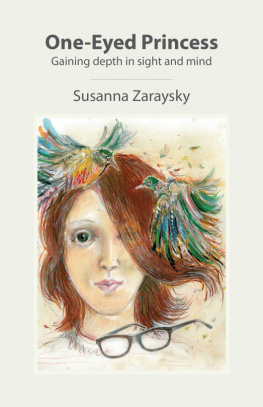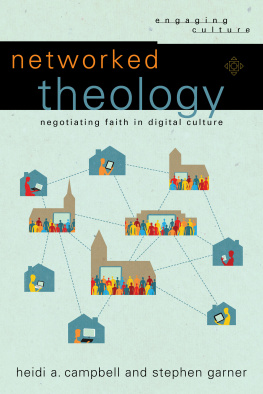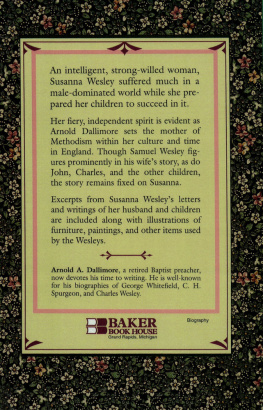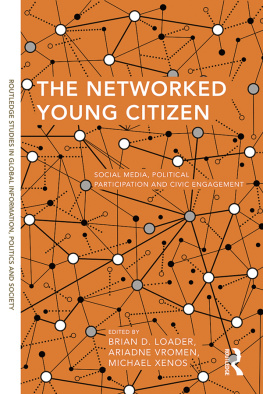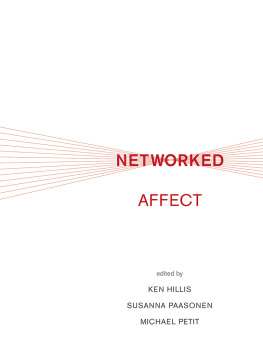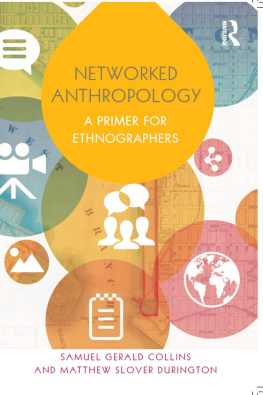Susanna Paasonen - Dependent, Distracted, Bored: Affective Formations in Networked Media
Here you can read online Susanna Paasonen - Dependent, Distracted, Bored: Affective Formations in Networked Media full text of the book (entire story) in english for free. Download pdf and epub, get meaning, cover and reviews about this ebook. year: 2021, publisher: MIT Press, genre: Romance novel. Description of the work, (preface) as well as reviews are available. Best literature library LitArk.com created for fans of good reading and offers a wide selection of genres:
Romance novel
Science fiction
Adventure
Detective
Science
History
Home and family
Prose
Art
Politics
Computer
Non-fiction
Religion
Business
Children
Humor
Choose a favorite category and find really read worthwhile books. Enjoy immersion in the world of imagination, feel the emotions of the characters or learn something new for yourself, make an fascinating discovery.

- Book:Dependent, Distracted, Bored: Affective Formations in Networked Media
- Author:
- Publisher:MIT Press
- Genre:
- Year:2021
- Rating:3 / 5
- Favourites:Add to favourites
- Your mark:
- 60
- 1
- 2
- 3
- 4
- 5
Dependent, Distracted, Bored: Affective Formations in Networked Media: summary, description and annotation
We offer to read an annotation, description, summary or preface (depends on what the author of the book "Dependent, Distracted, Bored: Affective Formations in Networked Media" wrote himself). If you haven't found the necessary information about the book — write in the comments, we will try to find it.
Dependent, Distracted, Bored: Affective Formations in Networked Media — read online for free the complete book (whole text) full work
Below is the text of the book, divided by pages. System saving the place of the last page read, allows you to conveniently read the book "Dependent, Distracted, Bored: Affective Formations in Networked Media" online for free, without having to search again every time where you left off. Put a bookmark, and you can go to the page where you finished reading at any time.
Font size:
Interval:
Bookmark:
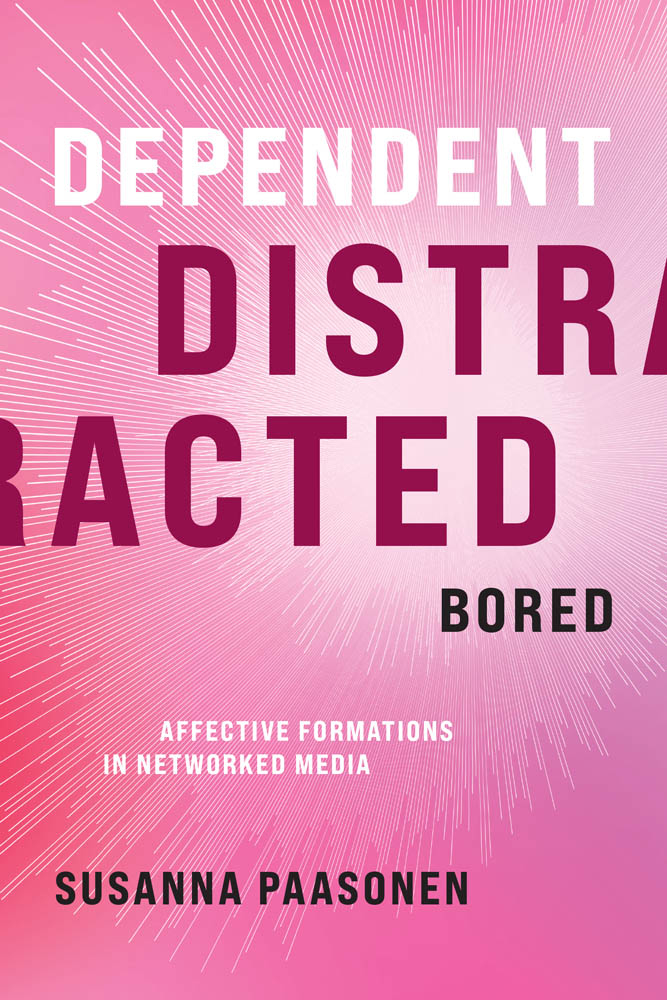
Dependent, Distracted, Bored
Affective Formations in Networked Media
Susanna Paasonen
The MIT Press
Cambridge, Massachusetts
London, England
2021 Massachusetts Institute of Technology
All rights reserved. No part of this book may be reproduced in any form by any electronic or mechanical means (including photocopying, recording, or information storage and retrieval) without permission in writing from the publisher.
Library of Congress Cataloging-in-Publication Data
Names: Paasonen, Susanna, 1975- author.
Title: Dependent, distracted, bored : affective formations in networked media / Susanna Paasonen.
Description: Cambridge, Massachusetts : The MIT Press, 2021. | Includes bibliographical references and index.
Identifiers: LCCN 2020022998 | ISBN 9780262045674 (hardcover)
Subjects: LCSH: Information technologySocial aspects. | Social media.
Classification: LCC HM851 .P25 2021 | DDC 303.48/33dc23
LC record available at https://lccn.loc.gov/2020022998
d_r0
To Chip, Ken, and Ricky
This books genesis dates back to Karlstad, Sweden, where I was briefly visiting late in the year 2011. Returning to my hotel after a very full day of travel and academic sociability, I was running a temperature and, to make things worse, unable to connect to the Wi-Fi. Powerless to resolve the glitch, I quickly found myself intensely frustrated to the point of rage, even while being aware of how disproportionate, and ludicrous, my reaction was. Rather than getting some rest, I then spent the next hour reflecting on the sharpness of affect involved in this involuntary disconnection, typing away. This incident sparked a more lingering interest in the affective speeds, rhythms, and intensities connected to technological failure. The following autumn, and for years to follow, I asked the students in my undergraduate class on Media and Networks in the department of Media Studies, University of Turku, Finland, to write short essays describing how mundane instances of technological failure feel. While I have used the essays for teaching purposes (see chapter 2 for details), I was simultaneously collecting research material (with the explicit permission of the students in question). First and foremost, my warmest thanks and gratitude to all the students who wrote and shared their stories. Without you there would be no book.
In a 2015 article, As Networks Fail: Affect, Technology, and the Notion of the User, published with Television & New Media, I drew on 45 of these essays. By this point, the project had grown into a hypothetical book, expanding from the irritating frustrations of failure to the complex entanglements of distraction, attention, boredom, and interest in networked settings. It was my idea to write up the bulk of this work during my 20152016 sabbatical leave while visiting MITs department of Comparative Media Studies and the Social Media Collective at Microsoft Research New England, with kind invitations from T. L. Taylor and Nancy Baym, respectively, and with support from the Jenny and Antti Wihuri Foundation. This, however, was not to be, as I got distracted by not only one but twothen threeother book projects, all thematically disconnected from and finished before this one. While I continued to give talks on distraction and boredom during the sabbatical leave and beyond, progress on the manuscript for this book was slow as it began to feel both overcooked and underdone, having been on the back burner too long for comfort. The saving grace came in the shape of Michael Petit discussing and thinking about the project with me, as well as editing some of it. So, thank you immensely, Chip. In a perfect world, this book would be coauthored.
I would also like to thank all those who have discussed this project in connection with the diverse talks I have given over the years, those who braved the avalanche of animated GIFs during my distraction talks, and especially those who knowingly invited me over: Johanna Sumiala for the 2015 Mediated Belongings Symposium at the University of Helsinki; Andr Jansson for the 2015 In the Flow ACSIS (Advanced Cultural Studies Institute in Sweden) conference in Norrkping; Jukka Tiusanen for the FINSSE (Finnish Society for the Study of English) 2015 conference at the University of Vaasa; Niels van Doorn and Helen Rutten for the 2015 Bland, Boring, Banal symposium at the University of Amsterdam; Tero Karppi for the 2016 PLASMA (Performances, Lectures, and Screenings in Media Art) lecture at SUNY Buffalo; Lisa Adkins and Mona Mannevuo for the 2016 Price workshop at the University of Turku; Judith Ackermann, Asko Lehmuskallio, and Tristan Thielmann for the 2016 Digital Practices conference at the University of Siegen; Catherine Driscoll and team for the 2016 Crossroads in Cultural Studies conference at the University of Sydney; Michael Liegl and team for the 2017 Loose Connections conference at the University of Hamburg; Zeena Felman, Alessandro Gandini, and Paolo Gerbaudo for the 2017 The Digital Everyday conference at Kings College London; Jonas Fritsch and Thomas Markussen for the 2018 Affects, Interfaces, Screens conference at Aarhus University; Martin Cloonan for the 2018 Failure symposium in Turku; Beckie Coleman for the 2019 Mediated Presents workshop at Goldsmiths College; and Raili Marling and Andra Siibak for the Troubling Gender: Theory and Method winter school at the University of Tartu in 2020. These events, and the discussions they made happen, not only kept the book project alive but crucially helped it move forward.
In addition to the 2015 Television & New Media article that forms the basis for chapter 2, research for this book has previously appeared as Fickle Focus: Distraction, Affect and the Production of Value in Social Media in First Monday Vol. 21, no. 10 (2016), a special issue on Economies of the Internet, edited by Kylie Jarrett and D. E. Wittkower; as Infrastructures of Intimacy in Mediated Intimacies: Connectivities, Relationalities, and Proximities, edited by Rikke Andreassen, Michael Nebeling Petersen, Katherine Harrison, and Tobias Raun (London: Routledge 2018); and as Affect, Data, Manipulation and Price in Social Media in Distinktion: Journal of Social Theory Vol. 19, no. 2 (2018), a special issue on Price, edited by Lisa Adkins and Turo-Kimmo Lehtonen. In addition, a text critiquing nostalgia in media studies inquiry building on this book is forthcoming in a special issue on Mediating Presents coedited with Rebecca Coleman for Media Theory as Distracted Present, Golden Past. Many, many thanks to these editors for their feedback and support that helped me frame the project in novel ways. As always, I very much appreciate the labor that anonymous peer reviewers put into thinking through other peoples work: this work has been pivotal to how this project has gradually progressed. Thank you especially, reviewers 1, 2, and 3 of the articles and the book manuscript.
Finally, my heartfelt thanks to Caroline Bem, Ken Hillis, and Jenny Sundn for taking the time to read, discuss, and comment on this work. Jennys emotional and intellectual support when I was writing up the manuscript was invaluable, as was Ricky Barness affective labor. I would also like to collectively thank the research team of the Intimacy in Data-Driven Culture consortium funded by the Strategic Research Council at the Academy of Finland (20192025) for thinking through themes central to this book with me and for making it possible to take the discussions further. Many thanks also to Caroline Bassett, Beckie Coleman, Andrew Herman, Tero Karppi, Mari Pajala, Laura Saarenmaa, Will Straw, and Jaakko Suominen for support and discussions that helped me find enthusiasm in the more somber registers of affect. Also, thanks to Lauren Berlant for serendipitous words of compositional solidarityand, of course, Irina Shklovski for all the daily creepies.
Font size:
Interval:
Bookmark:
Similar books «Dependent, Distracted, Bored: Affective Formations in Networked Media»
Look at similar books to Dependent, Distracted, Bored: Affective Formations in Networked Media. We have selected literature similar in name and meaning in the hope of providing readers with more options to find new, interesting, not yet read works.
Discussion, reviews of the book Dependent, Distracted, Bored: Affective Formations in Networked Media and just readers' own opinions. Leave your comments, write what you think about the work, its meaning or the main characters. Specify what exactly you liked and what you didn't like, and why you think so.

